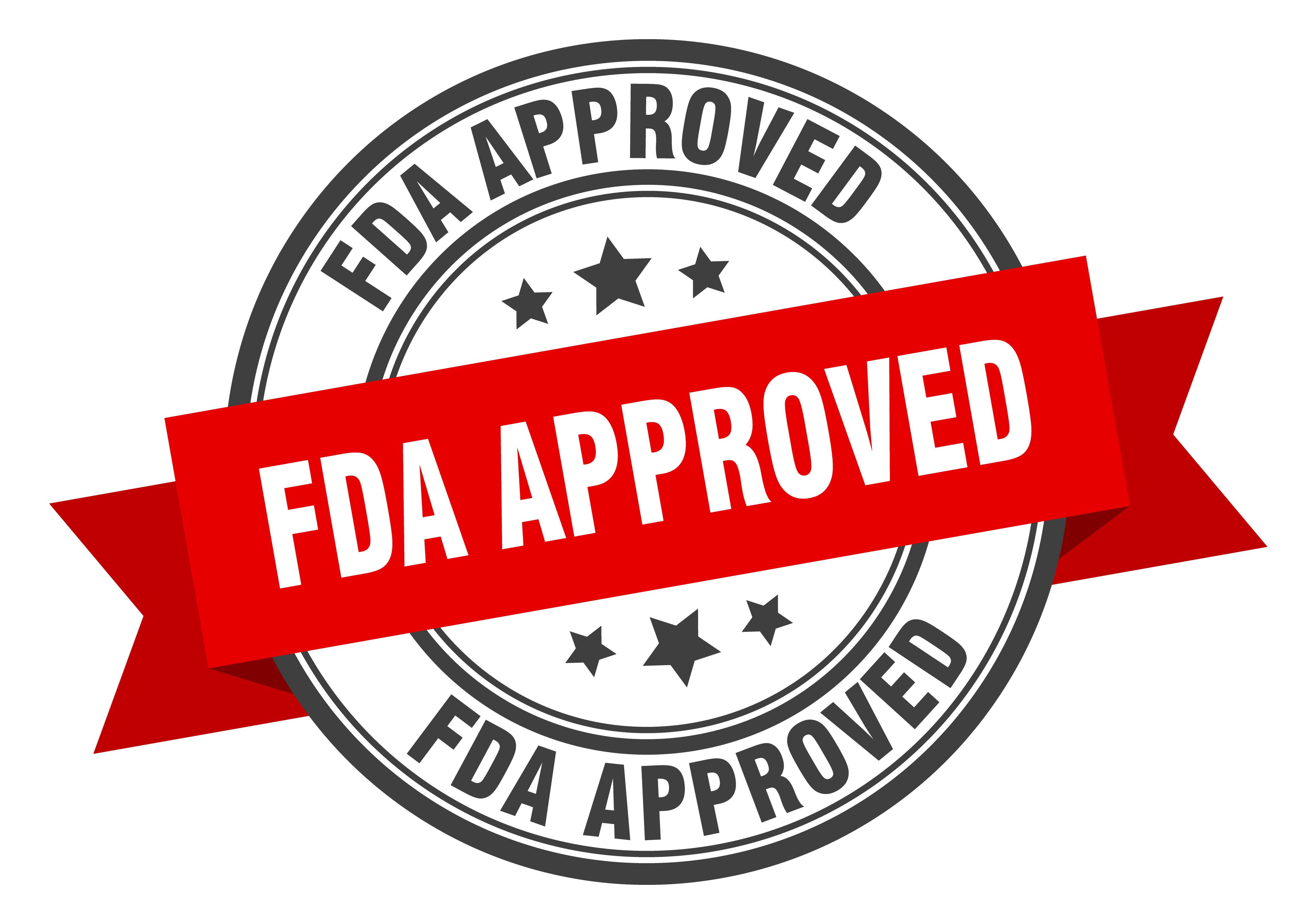Linaclotide FDA-approved as first treatment for pediatric functional constipation
This decision marks the first functional constipation treatment approved by the FDA for this patient population.
Linaclotide approved by FDA for functional constipation: © Aquir - adobestock.com

The FDA has announced the approval of linaclotide (Linzess; Ironwood Pharmaceuticals) for functional constipation in pediatric patients aged 6 to 17 years.
This decision marks the first functional constipation treatment approved by the FDA for this patient population.
The recommended dosage for this patient population is 72 mcg orally once per day, according to the announcement from the FDA.
“It gives us another tool, another option,” said Kirk Thame, MD, associate professor, pediatric gastroenterology, hepatology, and nutrition, Monroe Carell Jr. Children’s Hospital at Vanderbilt, Nashville, Tennessee. “It performs similarly to market laxatives, [which] pull water into the intestines, keeping the stool from getting too hard. Linaclotide and the secretagogues are similar, but instead of pulling water in, they basically push water into the intestines.”
The approval is backed by positive data from a 12-week, double-blind, placebo-controlled, randomized, multicenter clinical trial investigating linaclotide as a treatment for functional constipation in patients aged 6 to 17 years. Also, efficacy results from adequate and well-controlled trials of adults with chronic idiopathic constipation also backed the approval decision.
Patient enrollment in the pediatric study required patients to have had less than 3 spontaneous bowel movements per week, as well as 1 or more of the following requirements at least once per week for at least 2 months:
- History of stool withholding or excessive voluntary stool retention
- History of painful or hard bowel movements (BMs)
- History of large diameter stools that may obstruct the toilet
- Presence of a large fecal mass in the rectum
- At least 1episode of fecal incontinence per week.
In the results of the study, linaclotide demonstrated a greater improvement in the average number of spontaneous bowel movements per week vs placebo. Additionally, patients who received linaclotide experienced an improvement in spontaneous bowel movements during week 1 which was subsequently maintained throughout the remainder of the study (12 weeks).
“All the issues you have with a liquid medicine will go away for children who can take tablets," Thame said. "It’s going to be an easier way to take it for many children, and so that will be a game-changer in terms of an option for children [that find it] difficult to take other forms of laxatives.”
The safety analysis showed that the most common adverse reaction in the study was diarrhea. The FDA advised that if severe diarrhea occurs, patients should stop treatment and be rehydrated. Also, linaclotide should not be taken by children less than 2 years, per the label’s boxed warning.
Kirk Thame, MD, associate professor, pediatric gastroenterology, hepatology, and nutrition, Monroe Carell Jr. Children’s Hospital at Vanderbilt, Nashville, Tennessee

"I welcome yet another drug that we can use," Thame said. "Every child is different, the taste is different, the tolerability to medications are different, and so it will be very helpful. [Functional constipation] seems like a simple disease, but actually it turns out to be a long-term problem and a lot of that is due to compliance as well. If you can improve compliance, you can improve outcomes. Linaclotide will give us one more chance to achieve that.”
Reference:
FDA approves first treatment for pediatric functional constipation. U.S. Food and Drug Administration. June 12, 2023. Accessed June 12, 2023. https://www.fda.gov/drugs/news-events-human-drugs/fda-approves-first-treatment-pediatric-functional-constipation?utm_medium=email&utm_source=govdelivery
